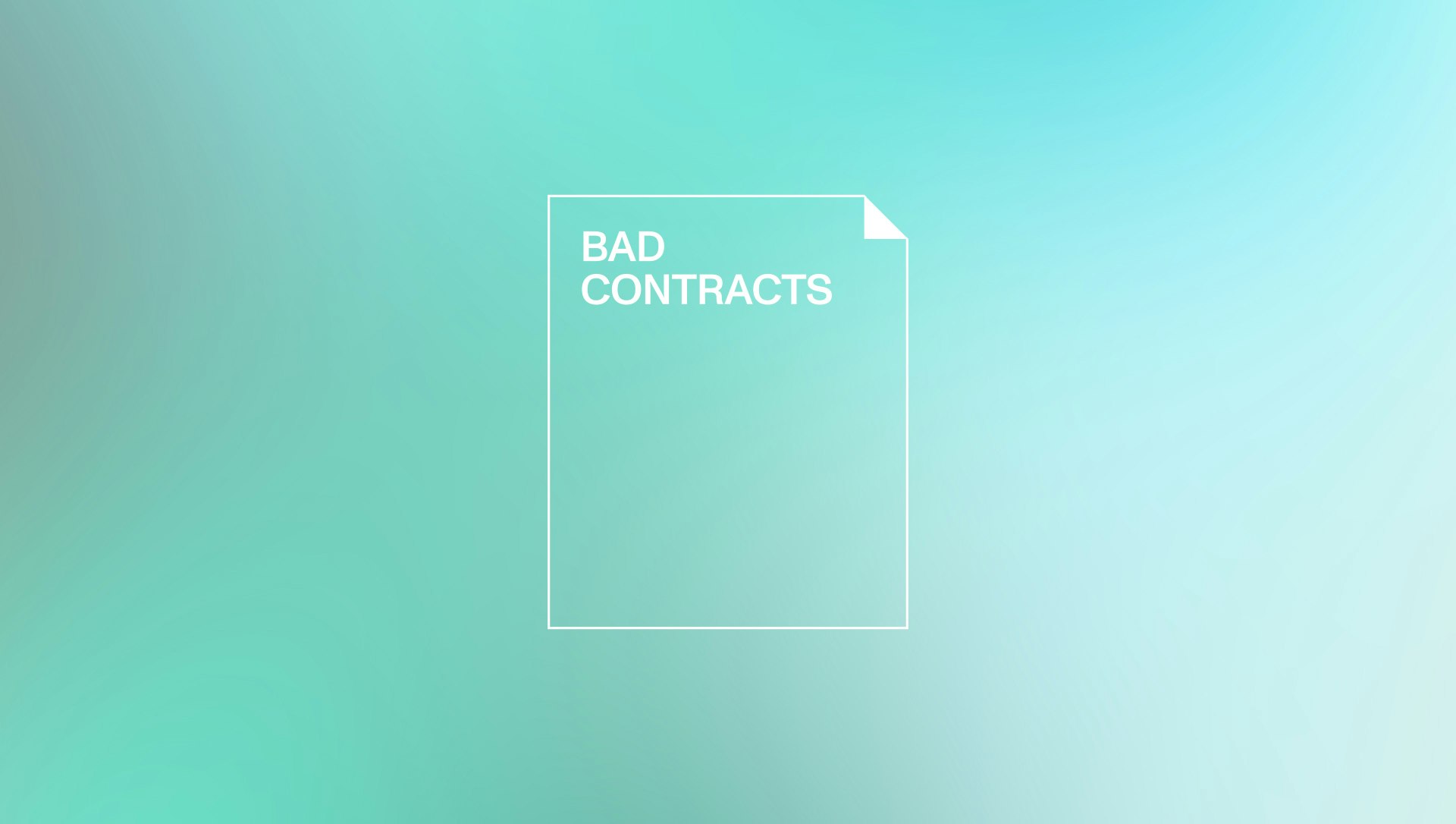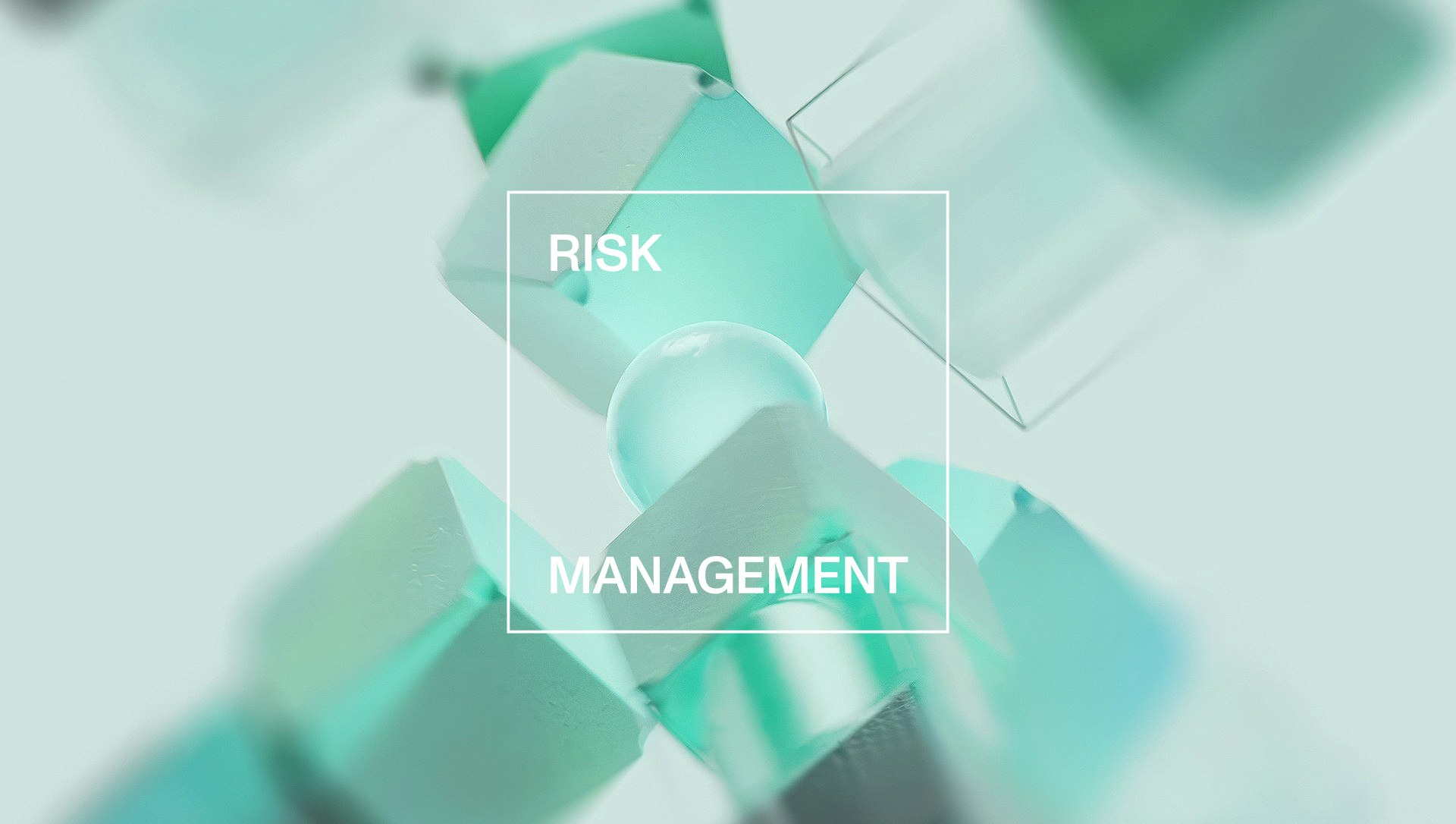What we don’t talk about is the cost of that “certainty.” And how it’s quietly holding your business back from investment, innovation, and even hitting your net zero goals.
There’s an opportunity cost to businesses stuck in outdated energy agreements. You sacrifice strategic advantages, innovation, and competitive agility. Let’s look at how this structural inflexibility stacks the odds against modern businesses trying to grow.
The fixed price trap
Fixing your energy price for multiple years can feel like the safe move. You avoid volatility. You get predictability. Your finance team sleeps better.
But put differently, for a year-long contract, it’s a 1-in-365 gamble that today is the best price you’ll get all year. It rarely is. And the odds get worse the longer the contract.
This approach locks you into a static rate, preventing you from capitalising on market dips or adapting to shifts in your own energy consumption.
Even worse, many contracts contain clauses, often referred to as 'volume tolerance', that penalise you if your energy usage deviates too much from the initial estimate. Imagine investing in efficiency, reducing your consumption, only to be hit with a fine for using less power.
Disincentivising sustainable choices
More and more businesses are committing to net zero targets. They’re looking at on-site renewables, battery storage, and demand-side tech. They’re trying to modernise. But their contracts say otherwise.
Contracts are typically built around grid dependency. They offer no mechanism to benefit from surplus generation and often no path to evolve the agreement when strategy changes.
So what happens?
The contract becomes the blocker. Not the tech or the capability.
That’s how we end up with businesses forced to choose between hitting their sustainability goals and protecting their bottom line.
Rigid, long-term contracts are ultimately out of touch with the goals of the green transition, turning what should be a strategic advantage into a financial liability.
The missed revenue hiding in plain sight
The modern energy grid is increasingly reliant on flexibility, with concepts like Demand-Side Response (DSR) offering businesses new ways to optimise consumption and generate revenue. DSR allows companies to adjust their energy use in response to grid signals, helping balance supply and demand, and often earning payments for doing so.
Except most contracts make it impossible. They’re too rigid, too opaque, too slow.
There’s no real-time data. No usage visibility. No integration.
Businesses are leaving thousands on the table simply because their energy setup wasn’t designed for participation.
It’s a lost opportunity to build operational intelligence into a core cost centre.
Inflexibility slows innovation
Energy touches everything: logistics, operations, production, and infrastructure planning.
There are plenty of businesses that have ambitions to innovate, but their hands are tied by the deal they signed three years ago.
That’s the unseen cost of energy inflexibility: it slows your business down in ways you don’t immediately see, until it’s too late.
When a core operational cost like energy is locked into rigid, punitive terms, it creates a drag on the entire business. They cannot fully capitalise on market fluctuations, integrate cutting-edge energy management solutions, or truly align their energy strategy with their long-term strategic goals.
It’s time for a rethink
The energy market is changing, fast.
The old model of “fix and forget” procurement isn’t fit for where businesses need to go. You need transparency. You need agility. You need a contract that works with your strategy, not against it.
So is your energy setup enabling growth, or quietly holding you back?
Because the businesses that win in the next decade won’t be the ones that simply got a good price. They’ll be the ones that built flexibility in from the start.
See how Hedged can help
Are you ready to make energy a strategic advantage for your business? At Hedged, we help UK businesses take control of their energy costs and unlock growth.
Sign up for a free demo and see how much you could be saving if you were on one of our subscription plans.





